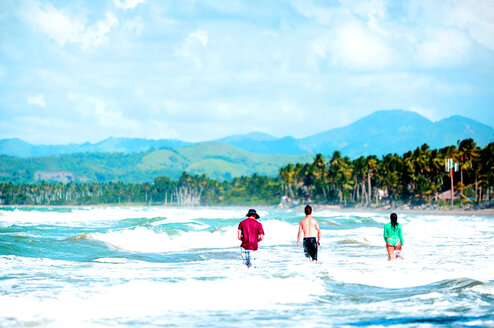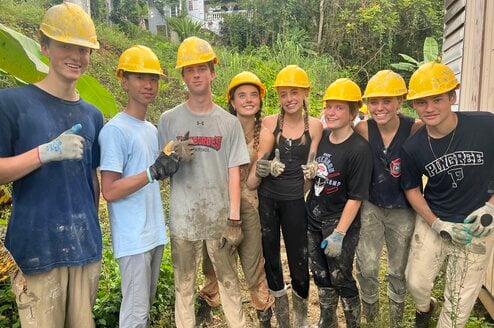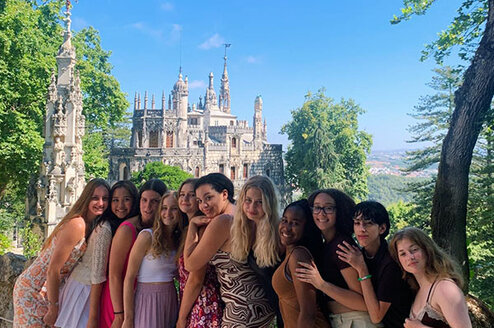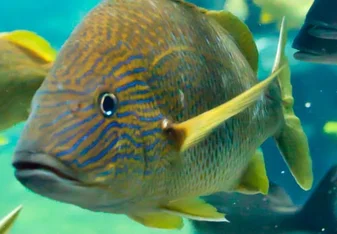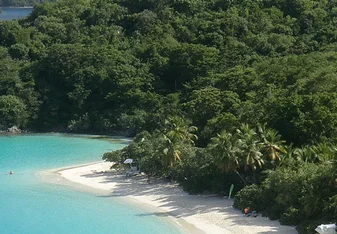High School Abroad in Cuba
High School Abroad Programs in Cuba
No programs found.
About
Cuba is a culturally rich, vibrant, and exciting destination for high school students. Even more excitingly, for the first time in half of a century United States citizens are able to join nationalities from around the world in traveling to this wonderful country.
High school students will find no scarcity of experiences to uncover in Cuba, and can choose from studying or volunteering in Cuba as a high schooler.
With a gloriously tropical vibe, lush mountains, and sparkling beaches, there's also no shortage of beautiful destinations to uncover. Further, though close to home, it's a vastly different cultural experience and a great -- though somewhat tough -- destination to learn Spanish. So start packing and prepare for a great experience in Cuba!
Cuba is great for students who are interested in learning Spanish, volunteering, learning to salsa, eating delicious food, and making new friends.
Program Types
Youth Travel Tours
High school students with limited time to spend in Cuba can benefit from youth travel programs. Trips are thoroughly organized so students get the most out of their time abroad. Tours include learning about the local culture, studying Spanish and sightseeing at historical attractions. There are various themes included with teen travel programs such as environmental conservation, teaching English, salsa dancing, cooking or adventure.
Some teen travel programs will include a visit to Cuba and other nearby Central American or Caribbean neighbors.
Volunteer Programs
Volunteering in Cuba is a wonderful way to see the country and make a difference. You’ll feel great, make new friends, and bolster your college applications. Not to mention, volunteering is one of the twelve ways United States citizens are now able to travel to Cuba. Cuba’s rich variety of natural beauty and wildlife provides many opportunities for conservation. Other areas high school students can volunteer include health, youth education, community assistance, and construction.
Planning Your Trip
Visa
Canadian, Australian, and UK citizens are required to have a visa card before arrival in Cuba. A valid passport upon entry, proof of a return flight home and approved travelers insurance are all mandatory. A Cuban visa card costs £15, is valid for 30 days and can be extended another 30 days once you’re in the country.
Students from the United States need to meet a few requirements before the US government will authorize them to visit Cuba. A few of the twelve categories include volunteering, educational activities, religious activities, family visits and professional research..
Housing
The program you select will determine your housing options while in Cuba. Volunteer programs often include stays at hotels, hostels, and perhaps a stay with a host family. Homestays allow students to immerse themselves in the local culture and become a part of a Cuban family. Teen travel programs frequently provide participants with shared hotel rooms or hostels.
Finances
If you’re traveling from North America to Cuba, flights can cost between $700 - $800 USD, while those coming from Europe can pay around $700.
Prices in Cuba are slightly higher than Central America, which may surprise some students who are expecting rock bottom prices. The country has a dual currency system, one for locals (CUP) and one for foreigners (CUC). Locals are able to get spending less than $50 USD a month, while foreigners will spend more during their time in Cuba.
United States based credit cards and debit cards do not work in Cuba, so be sure to bring plenty of cash for exchanging if that’s where your banks are located.
Program costs in Cuba fluctuate depending on length of stay, type of housing and included amenities. It can range from $4,000 to $6,000 USD for a two-week program.
Packing Tips
Packing for Cuba is relatively easy, as the weather is warm year round. You’ll want to pack light, breathable clothing and a few layers for potential dips in temperature at night.
Summer
- Breathable and UPF (sun resistant) clothing
- Swimsuit
- Sunscreen and insect repellent
- A hat
Winter
- Warm/waterproof jacket
- Layers
Always
- Solid walking shoes for outdoor adventures
- A power and voltage converter
Health & Safety
Staying Healthy in Cuba
Healthcare in Cuba is segregated and foreigners are taken to a separate “tourist hospital.” Procedures are often required to be paid for with cash in advance, either by you or your insurance company. In general, medical professionals are competent, but facilities are sometimes short on medical supplies or bed space.
Be sure to bring enough of your personal prescriptions (along with the prescription itself), as they may not be available for a refill in Cuba.
Diseases to be extra vigilant of during your time in Cuba include cholera, chikungunya, dengue fever, rabies and traveler’s diarrhea. Protect yourself against mosquitos, thoroughly cook all food, only drink bottled liquids and stay away from animals you don’t know.
Safety Considerations
Cuba has a strong military and police presence, making it a generally stable country. As in any foreign country, travelers should avoid local demonstrations should they arise. Pickpocketing and theft is known to occur in more crowded, touristy parts of cities. Be wary of friendly jineteros or hustlers, who are professional criminals looking to cheat tourists by offering themselves as tour guides or selling cheap goods.
